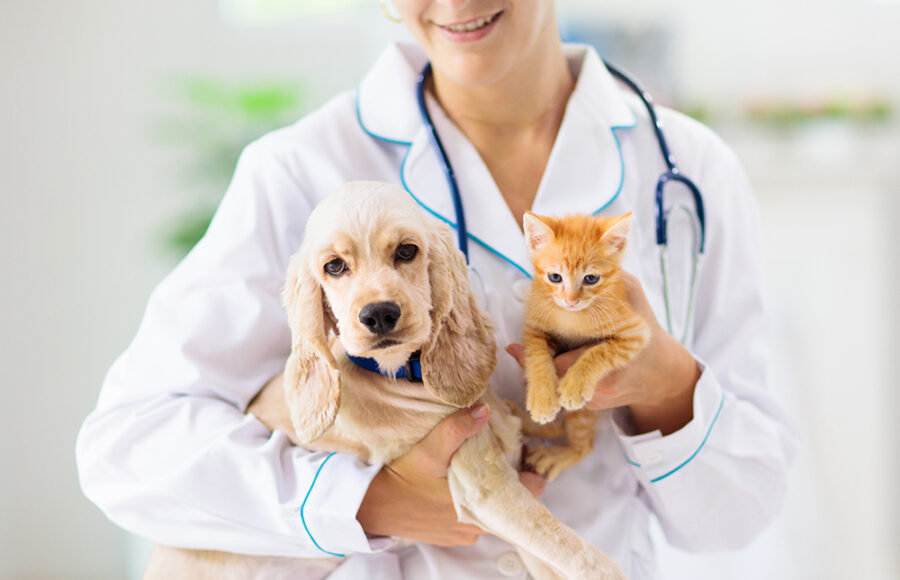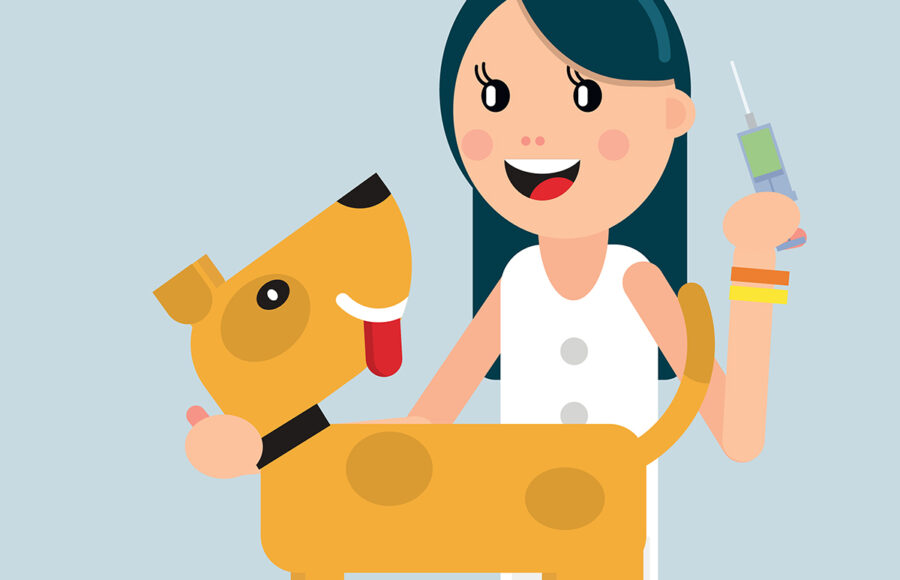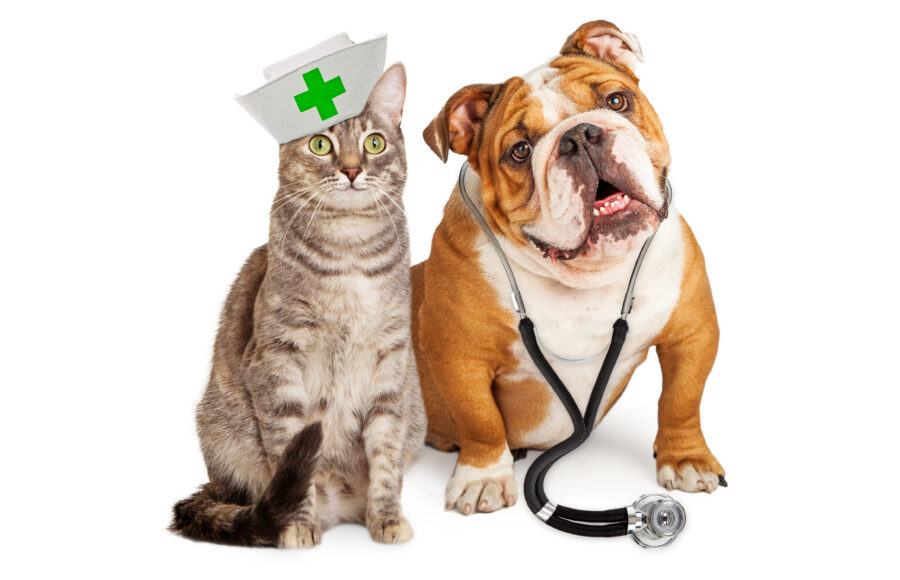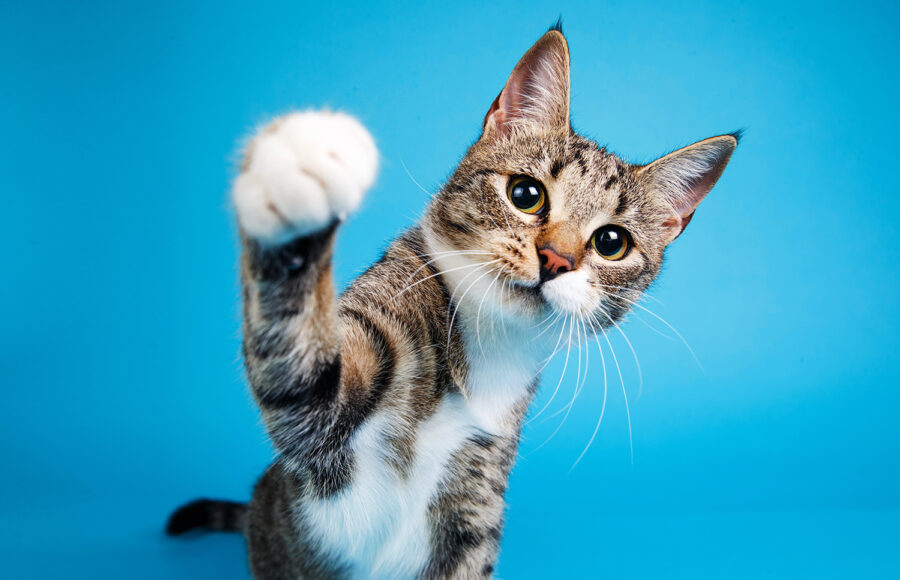
Immunizations FAQ
From AVMA.COM
Q: What are vaccines/immunizations?
A: Vaccines are health products that trigger protective immune responses in pets and prepare them to fight future infections from disease-causing agents. Vaccines can lessen the severity of future diseases and certain vaccines can prevent infection altogether. Today, a variety of vaccines are available for use by veterinarians.
Q: Is it important to vaccinate?
A: Yes! Pets should be vaccinated to protect them from many highly contagious and deadly diseases. Experts agree that widespread use of vaccines within the last century has prevented death and disease in millions of animals. Even though some formerly common diseases have now become uncommon, vaccination is still highly recommended because these serious disease agents continue to be present in the environment.
Q: Which vaccines should pets receive?
A: When designing a vaccination program, veterinarians consider the pet’s lifestyle, related disease risks, and the characteristics of available vaccines. “Core vaccines” (e.g., rabies, feline panleukopenia, feline viral rhinotracheitis, feline calicivirus infection, canine distemper, canine parvovirus infection, and canine hepatitis) are recommended for most pets. Additional “non-core vaccines” (e.g., feline leukemia, canine kennel cough and other vaccines) may be appropriate based on the pet’s particular needs.
Q: How often should pets be revaccinated?
A: Veterinarians have traditionally vaccinated annually; however, they are now learning that some vaccines induce immunity that lasts less than one year, whereas others may induce immunity that lasts well beyond one year. The AVMA recommends that veterinarians customize vaccination programs to the needs of their patients. More than one vaccination program may be effective.
Q: How does my pet’s lifestyle affect its vaccination program?
A: Some pets are homebodies and have modest opportunity for exposure to infectious disease, whereas others have a great deal of exposure to other pets and/or wildlife and infectious disease by virtue of their activities. Still other pets live in geographic areas that place them at greater risk for contracting some infectious diseases. Differences in lifestyle illustrate the importance of customizing a vaccination program to individual patients.
Q: Are there risks associated with vaccination?
A: Vaccines have protected millions of animals from illness and death caused by infectious diseases. All medical procedures, however, carry with them some risk. Fortunately, in the case of vaccination, serious adverse responses are very infrequent. Veterinarians minimize risk by carefully selecting vaccines on the basis of a pet’s individual needs and by choosing appropriate injection sites. In an effort to find ways to prevent even these limited numbers of adverse responses from occurring, the AVMA is working with government and industry to redefine how information regarding adverse responses is gathered, analyzed, and disseminated.
Q: What should I expect after my pet’s vaccination?
A: It’s common for pets to experience some mild side effects after receiving a vaccine. You should talk with your veterinarian about what to expect after vaccination, and be sure to inform him or her if your pet has had prior reactions to any vaccine or medication. More serious, but less common side effects, such as allergic reactions, can be life-threatening and are medical emergencies. Seek veterinary care immediately if any of these signs develop:
- Persistent vomiting or diarrhea
- Itchy skin that may seem bumpy (“hives”)
- Swelling of the muzzle and around the face, neck, or eyes
- Severe coughing or difficulty breathing
- Collapse




